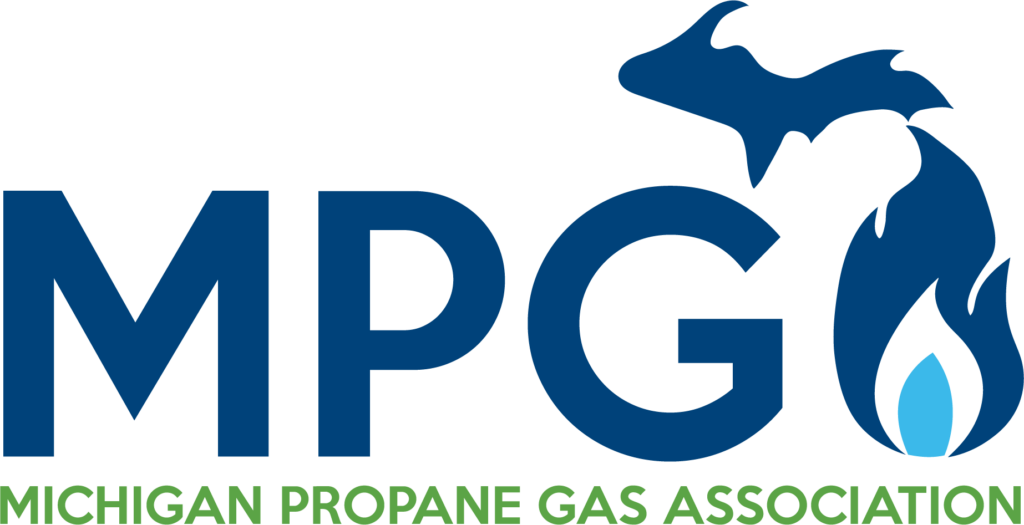The City of Lansing is working on its Sustainability Action Plan, which commits to reducing emissions to net zero by 2050. While electric vehicles (EVs) are a major part of the plan, they come with challenges like high upfront costs and significant infrastructure requirements. However, propane presents a compelling alternative with lower emissions immediately compared to gasoline and diesel and offers a cost-effective solution to help the city meet its sustainability goals. Propane is a low-carbon fuel alternative, producing far fewer emissions than the equivalent amount of electricity generated from the U.S. grid. The U.S. Environmental Protection Agency (EPA) lists propane as a clean fuel (Energy Policy Act of 1992) and non-toxic; it does not contaminate the air, soil, or groundwater. Propane vehicles could be the middle ground Lansing needs to cut emissions immediately without the financial burden of transitioning its entire fleet to electric vehicles.
According to data from the U.S. Department of Energy, Lansing’s fleet of 158 para-transit buses—currently running on gasoline and hybrid vehicles—could reduce its greenhouse gas emissions by transitioning to propane. In fact, switching to propane could save the city around 47 metric tons of greenhouse gas emissions each year compared to diesel.
Emissions Source: GREET Calculator 2022, Argonne National Laboratory.
lectric buses, while beneficial for reducing emissions, come with a hefty price tag—over $160,000 per para-transit bus. According to the U.S. Department of Transportation, the total cost of ownership for electric buses over 15 years is 65% higher than for propane buses. This translates to a significant financial burden for not only the city but taxpayers around the city. The cost for a propane para-transit bus is around $95,000, while diesel buses are priced similarly to propane but lack the same environmental benefits. Additionally, electric buses require significant infrastructure investments for charging stations, which can cost up to $480,000 for a small fleet of 10 vehicles. This includes site preparation, equipment, and installation, far exceeding the approximately $60,000 required for comparable propane refueling infrastructure.
Over the same 15-year period, electric buses would cost Lansing over $11 million more than propane buses. By saving with propane’s lower operational costs, Lansing could reinvest taxpayer funds into other critical community projects—improving infrastructure, schools, or other local needs.
Department of Transportation: Bus Lifecycle Cost Model for Federal Land Management Agencies.
Propane buses also offer similar environmental benefits compared to electric buses that pull from Michigan’s grid but at a fraction of the cost. Although propane will not achieve net-zero emissions, it offers a substantial reduction in greenhouse gas emissions without the steep price tag associated with electric vehicles, providing a more feasible solution in the short term.
These insights highlight propane as a cleaner, cost-effective fuel choice that can help Lansing achieve its sustainability targets. With a significant reduction in greenhouse gas emissions and millions saved over time, propane is an option worth serious consideration.







